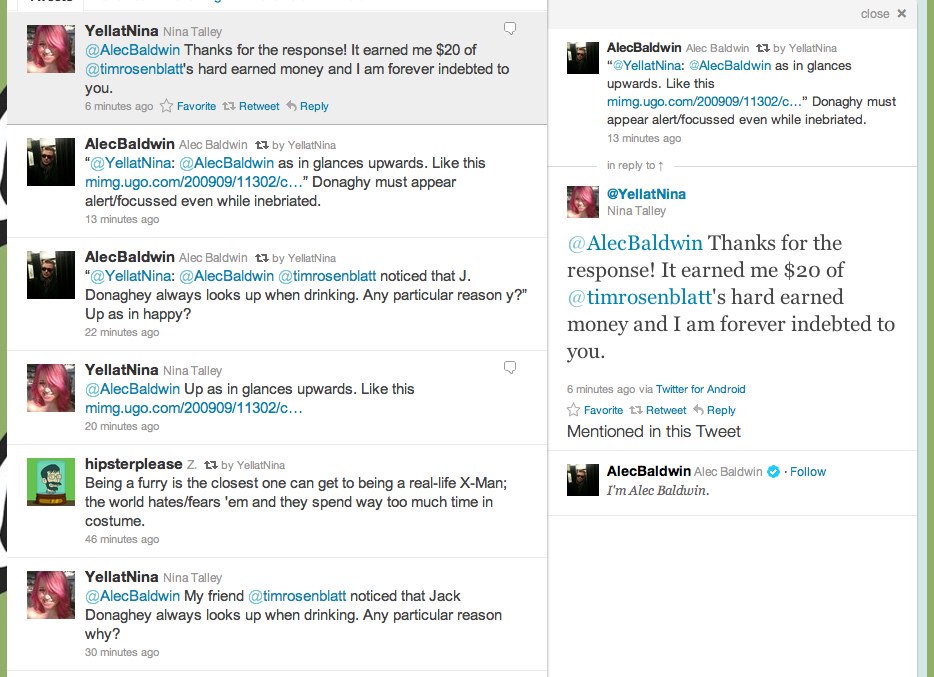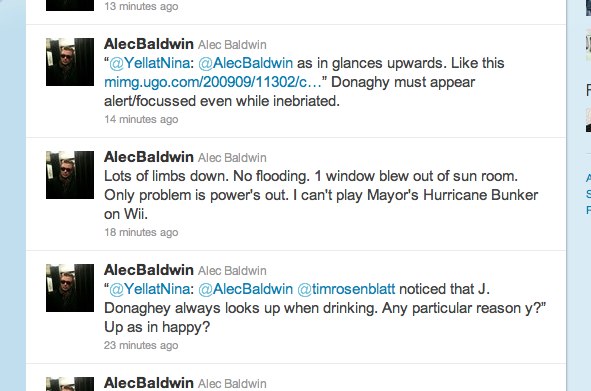Braaaiiiiinnnssss…..
In her influential research, Dweck distinguishes between people with a fixed mindset — they tend to agree with statements such as “You have a certain amount of intelligence and cannot do much to change it” — and those with a growth mindset, who believe that we can get better at almost anything, provided we invest the necessary time and energy. While people with a fixed mindset see mistakes as a dismal failure — a sign that we aren’t talented enough for the task in question — those with a growth mindset see mistakes as an essential precursor of knowledge, the engine of education.
…
It turned out that those subjects with a growth mindset were significantly better at learning from their mistakes.
Why Do Some People Learn Faster?
There is some serious gold here. Granted, nearly every time I see this discussed, it’s the same paper, so I’d love to see some peer-review and Devil’s Advocacy on the subject, but I can think of several examples where I’ve seen this effect, as well as heard about it from others.
Or, if we’re reducing psychology to phrases that would fit on a bumper sticker, “no matter if you think you can or you can’t, you’re right”
Unlike homo economicus, that imaginary species featured in macroeconomics textbooks, Kahneman and Tversky demonstrated that real people don’t deal with uncertainty by carefully evaluating all of the relevant information. They stink at statistics and rarely maximize utility. Instead, their choices depend on a long list of mental short cuts and intemperate emotions, which often lead them to pick the wrong options.
…
Football coaches have performed just as badly. Although it’s now clear that their biases have a meaningful impact—a coach immune to loss aversion would win one more game in three seasons out of every four—their collective decision-making hasn’t improved.
This same theme applies to practically all of our thinking errors: self-knowledge is surprisingly useless. Teaching people about the hazards of multitasking doesn’t lead to less texting in the car; learning about the weakness of the will doesn’t increase the success of diets; knowing that most people are overconfident about the future doesn’t make us more realistic. The problem isn’t that we’re stupid—it’s that we’re so damn stubborn.
I’m mixed on this one. I know we all suffer from logical fallacies and mental shortcuts (Las Vegas magicians exploit these mental shortcuts hundreds of times per night), but there’s something here that I think is very important.
Invert, always invert.
— Carl Jacobi
The example mentioned in the article of “think of the lives lost” versus “think of the lives saved” is a good example of making people think about losses (the psychological reframing), but from an economic and mathematical view, what they’re doing is inverting the question. It’s not about fancy math or statistics tricks, it’s just about remembering that sometimes there’s another way (the opposite) to look at whatever you’re being asked, and sometimes it changes your decision.
It’s surprising how often things come up that can be fixed by thinking with this trick.




